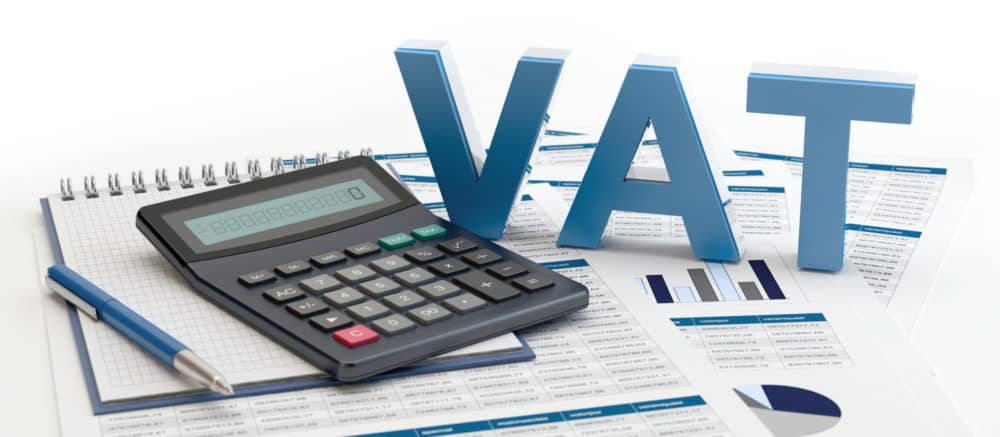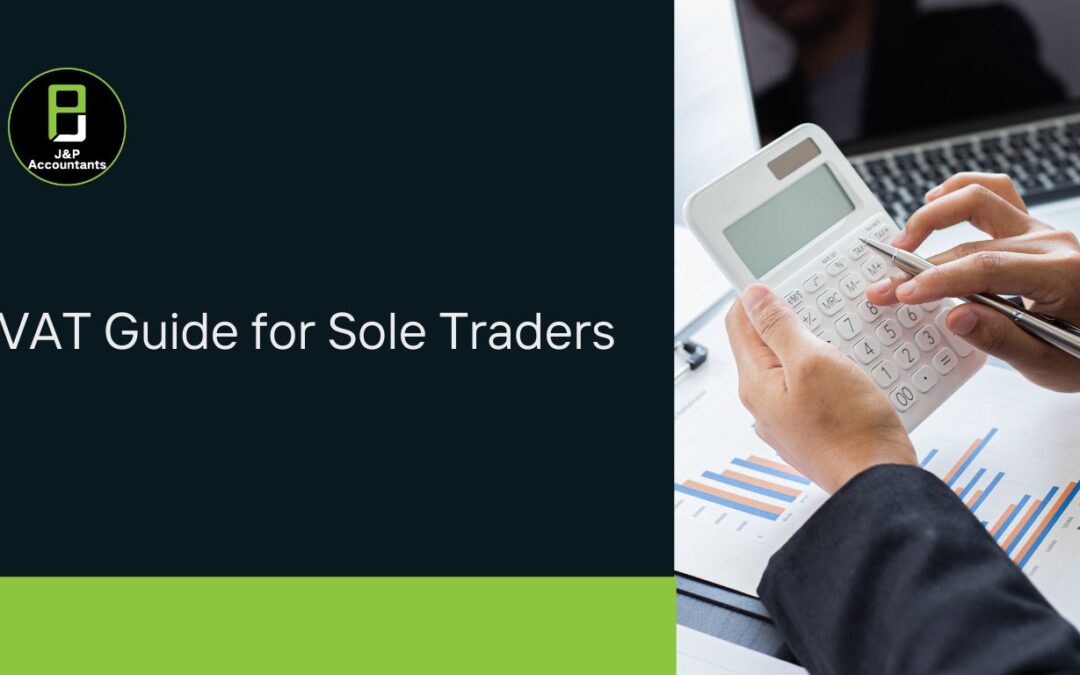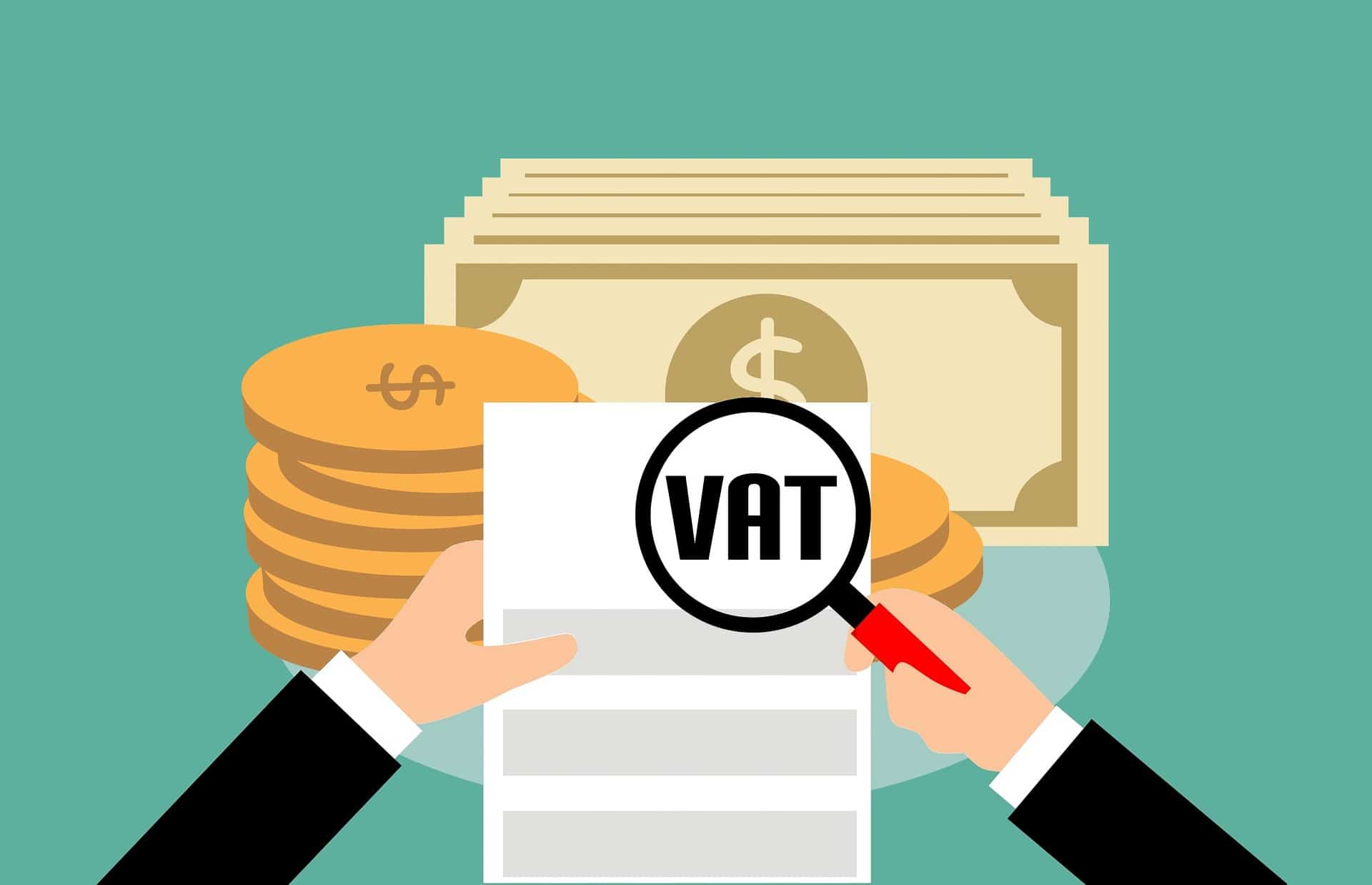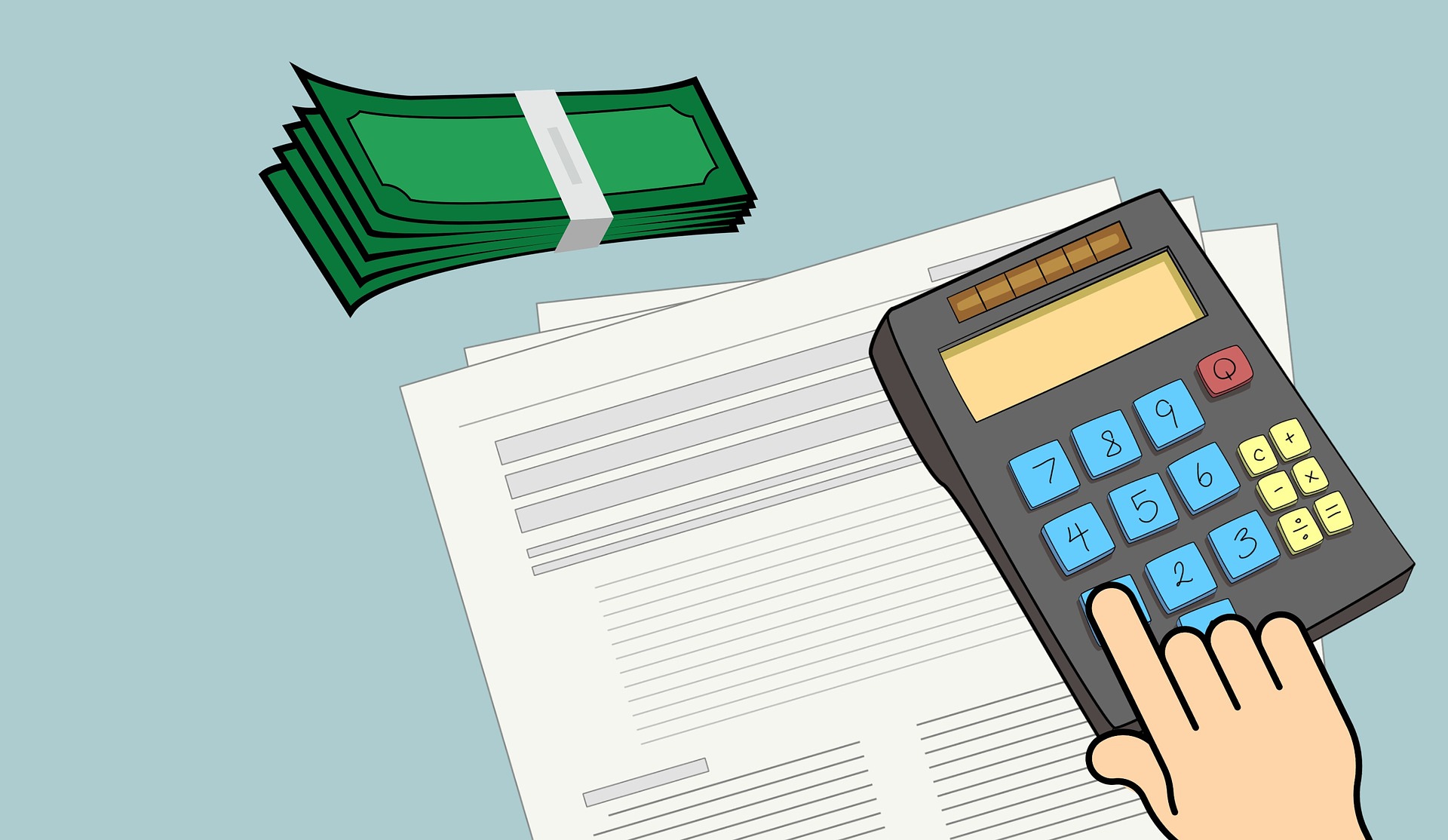When you start operating your own company as a sole trader, you not only need to think about how to make money, but also about which taxes your income should be subject to.
If you haven’t consulted with a relevant accounting team, this may require additional attention before you officially start your business.
Here, you especially need to pay attention to the issue of value added tax (VAT), as this depends entirely on the company’s operating conditions.
We have summarised the most frequently asked questions in this article, hoping to help more clients.
VAT Registration
Registering for VAT will obtain a unique VAT number, which will become a symbol that your company has registered for VAT.
Sometimes, companies prefer to work with those who have registered for VAT, as it shows the strength and reliability of the business.
Not all companies are required to register for VAT. If the company’s annual turnover in the past 12 months is less than £85,000, they can voluntarily register.
This also means that once your company’s annual turnover exceeds £85,000, you will need to register for VAT compulsorily.
Why Register for VAT?
For some sole traders, registering for VAT can make it easier for them to claim back VAT on their purchases and seek services.
As mentioned above, VAT can also make your company appear more robust.
Most importantly, you don’t have to worry about any unexpected economic penalties when you exceed the registration threshold.
Therefore, registering for VAT will help you focus more on running your business and developing it into a global enterprise.
VAT Rates for Sole Traders
The VAT rate is divided into three different levels, depending on the goods and services you sell.
The standard rate is 20%, which applies to most goods and services.
The reduced rate is 5%, which applies to special goods, such as child car seats.
The zero rate is 0%, which applies to most foods and children’s clothing. Please refer to our previous articles for more details.

How to Submit VAT Returns
Once your company has registered for VAT, you need to regularly submit returns to HMRC.
Usually, you need to submit a VAT return to HMRC every three months, informing them of how much VAT you have charged and paid.
If you find any filling errors in the past four years (please check with HMRC for details), you can adjust them in the next filling to avoid further trouble.
We understand that VAT is complex and unfamiliar for most people. If you encounter any problems during your business operations, you can also consult our professional team.



